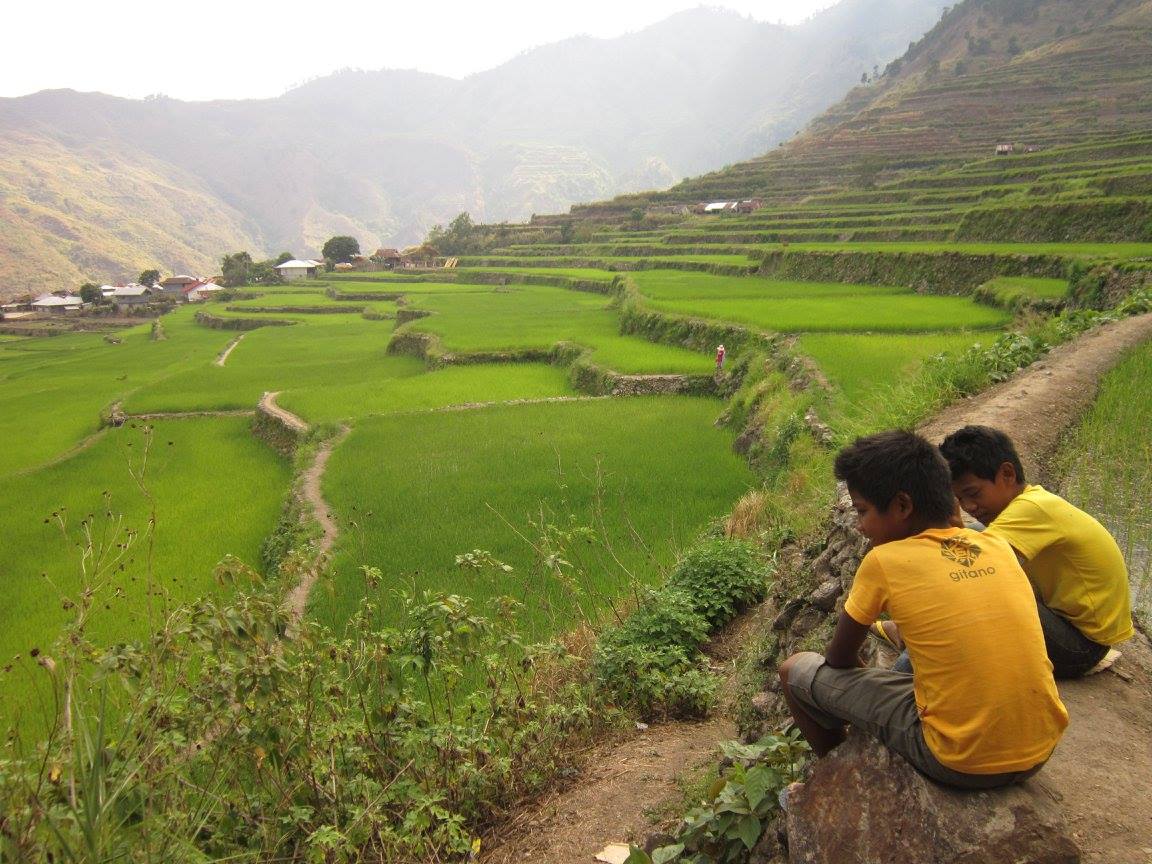Preserving Legacies is a global initiative supported by the National Geographic Society and funded by Manulife to address climate change. Climate change is the fastest growing threat to cultural – natural sites and the greatest danger to our planet’s most spectacular natural heritage today. One in three natural sites and one in six cultural heritage sites are threatened by climate change impacts like floods, droughts, and rising seas.
To safeguard cultural heritage, there is an urgent need to equip communities worldwide with the tools to accurately anticipate worsening and future climate impacts, and empower them with training to turn that scientific knowledge into action that will safeguard sites, support community adaptation, and plan for unavoidable loss and damage.
For the Preserving Legacies project, about eight sites globally are cadet sites; they have been chosen to fully engage in climate heritage training and a peer-to-peer learning experience. Site custodians from these sites will shadow the full process of pilot sites located at Jordan and the Philippines, including attending their workshops, to better prepare for their own assessments in 2024.
Two primary sites will go through a more robust program to link climate science and site conservation by enabling access to locally downscaled climate change models and organize a community-led workshop of the sites’ climate vulnerability as well as impacts on local communities. Petra, Jordan and the Ifugao Rice Terraces of the Philippines are the beneficiaries of the first program.
The Preserving Legacies leg for the Climate Risk and Resilience at the Rice Terraces of the Philippine Cordilleras conference was from October 11 and concluded October 13. Participants celebrated with the Kiangan rice harvest with eating, rituals, chants, and dancing, a site visit to the Nagacadan cluster of the Rice Terraces of the Cordilleras, presentations of the sites by farmers and local officials, lectures by Marlon Martin of the Save the Ifugao Terraces Movement (SITMo), a climate lecture by Dr. Ma Laurice Jamero, leader of the Resilience Collaboratory from the Manila Observatory, and roundtable discussions of the topics that were presented.
With the knowledge base of both the international site custodians and local Ifugao community, the conference has put forth comparative analyses of climate change around the world, presented suggestions for increased adaptation capacities and mitigation strategies, and recommendations for ways forwards for an environment that is sustainable and resilient.

